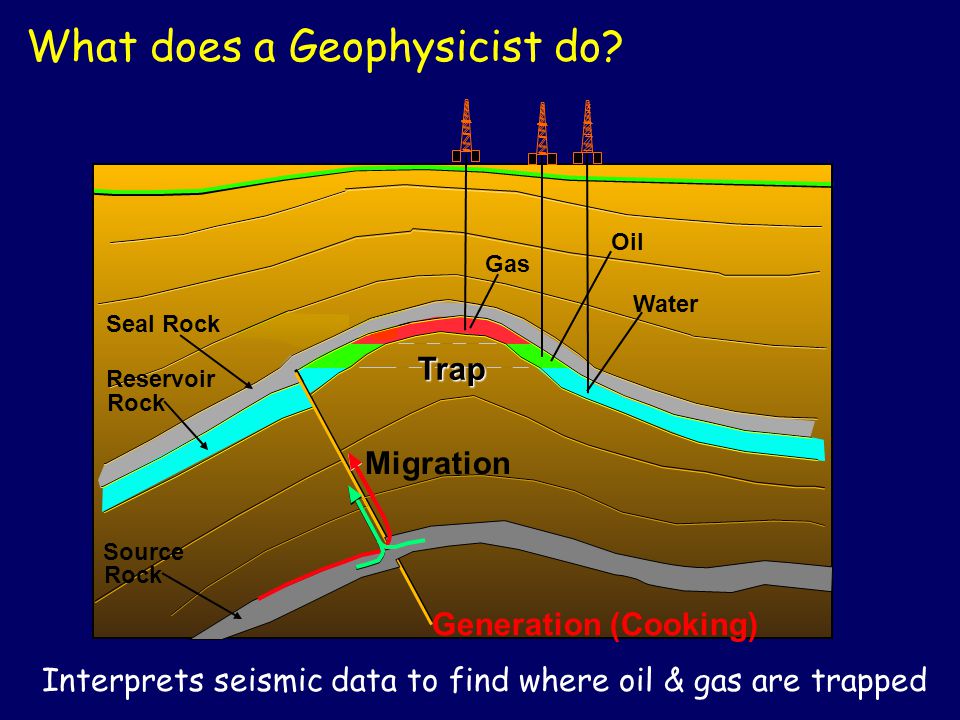All Categories
Featured
Table of Contents
Airborne Geophysical Measurements in Leederville Australia 2020
This work is progressively contracted out, so consultancies offer another source of employment. Consultancy firms vary in size, from very small business to large multinationals. Some consultancies are rather specialised in using particular geophysical techniques or operating in specific places, while others provide a more diverse variety of services to their customers.
The extraction of gas from land fill websites is another location of work and this may grow in the future. Expedition companies might undertake work for building firms, water companies, mining business and environmental agencies, so geophysicists may be employed in any of these settings. Other companies consist of: geological surveysgovernment bodies and agenciesuniversities and research institutes.


Vacancies might be noted in the oil and gas sector press. Recruitment is affected by oil rate changes and the level of competitors for positions differs depending upon this. Professions Days, which cover the full variety of geoscience professions and are normally attended by a variety of crucial market employers, are run by The Geological Society.
Geophysical Investigations in Oakford Aus 2021
Some of the large oil and gas business provide a full two-year structured training programme across the breadth of geophysics, consisting of the chance to experience operate in various groups before specialising in one area. Your training may consist of work on: existing wellsmagnetic and gravitational possible field information analysisresearchrock analysis. It's more normal for your preliminary training to be provided on the task.
There might be a probationary duration during which you work along with a knowledgeable coworker. Competency-based appraisals occur regularly in a lot of firms. In smaller sized firms, and for scholastic posts, there is unlikely to be any official training - you'll be expected to start work straightaway and pick up abilities as you go along.
If you work for a smaller company, you may find that you require to take obligation for organizing and moneying your own development and training. If you have a geology degree, subscription of The Geological Society can be helpful for networking and for maintaining to date with the industry.
Frequently Asked Questions in Madeley Aus 2022
You might also find it helpful to sign up with the PESGB (The Petroleum Exploration Society of Great Britain, which has a geophysics special interest group. After a probationary period, and once you have actually gained some experience, you could advance to senior geophysicist, then team leader and then into a senior function in management.
The ease of motion between roles depends on the business structure. Study at Masters or Ph, D level in a subject associated to geophysics or geosciences may assist with your profession development and development. The employment market within the oil and gas market is really dependent on price and this may affect your chances for profession development.
Nevertheless, not all tasks depend on the oil and gas markets. For skilled geophysicists, freelance consultancy provides a good route for profession advancement. You can likewise specialise in a specific area of geophysics. As a geophysicist, you're most likely to have several tasks throughout your working life. International mobility is important for dealing with peaks and troughs in various nations at different times.
Geophysical Survey in West Swan Aus 2023
From geophysics, it's possible to concentrate on seismology (completing further training to become a seismic interpreter) or to move into associated locations such as engineering geology or risk prediction.
Deciding what to study in college is a hard choice. Even if you know that your field of interest depends on science, what program of study is ideal for you? If you make the choice to major in physical and life sciences and pursue a career as a geophysicist, you're preparing for an amazing and lucrative profession.
The very first action to accomplishing your objective of ending up being a geophysicist is earning a degree. Even for entry-level positions in the field of geoscience, you'll require a bachelor's degree (a geophysicist college degree) from a certified college or university. Some research positions need prospects to hold master's degrees and even Ph.
Geophysical Survey Next Step In Carbon Storage Study in North Perth Western Australia 2021
Doctoral degrees are specifically essential if you prepare to teach at a four-year organization. Geophysicists use physics principles and methods to study the gravitational, magnetic, and electric fields of the earth. This enhances scientists' understanding of both the world's interior core and its surface. Geophysicists need to have the ability to: evaluate rocks, pictures, and other pieces of data conduct research study both in the field and in laboratories create maps and charts of their findings write reports To achieve all this, trainees need a specialized education for geophysicist careers.
As stated above, you'll need a bachelor's degree in geoscience or an associated discipline, such as a physical science or a life sciences, to land an entry-level job. Students can likewise prepare by majoring in topics like: Biology Chemistry Computer science Engineering Mathematics Physics The above geophysicist majors use a more generalized method to a single scientific discipline, but many programs require trainees to take one or more geology course.
Table of Contents
Latest Posts
Glad You Asked: What Are Seismic Surveys? in Mt Helena Oz 2023
Geophysical Survey Services - Geophysical Test Methods in East Fremantle Oz 2021
Marine Geophysical Surveying - in Butler Oz 2021
More
Latest Posts
Glad You Asked: What Are Seismic Surveys? in Mt Helena Oz 2023
Geophysical Survey Services - Geophysical Test Methods in East Fremantle Oz 2021
Marine Geophysical Surveying - in Butler Oz 2021